The Ministry of Health and Family Welfare in Bangladesh has issued a directive prohibiting the use of halothane in anesthesia across all hospitals in the country after recent fatalities.
In an official order, the ministry instructed hospitals to discontinue the use of halothane and instead utilize isoflurane or sevoflurane as alternatives. The Directorate General of Health Services was tasked with ensuring compliance, while the Directorate General of Drug Administration was directed to regulate the procurement and sale of halogenated anesthetics.
The order, signed by joint secretary Jashim Uddin Haider, has been disseminated to relevant stakeholders, including anesthesiologists.
Recent incidents, including the deaths of two children during circumcision procedures and claims of anesthesia-related fatalities in Labaid Hospital, prompted the government's decision to halt the use of halothane. However, the specifics of these incidents and any expert investigations conducted by the government have not been disclosed.
Dr. ABM Muksudul Alam, a professor of anesthesia and Principal of Shaheed Suhrawardy Medical College, highlighted the global trend of phasing out halothane due to its adverse effects. He confirmed recommending the discontinuation of halothane to the government last year.
While halothane is cost-effective, its harmful effects have led to its prohibition by regulatory bodies such as the US Food and Drug Administration (FDA). The cessation of halothane production by local drug companies has led to concerns about the availability of expired, adulterated, or smuggled products in the market.
In addition to banning halothane, the health ministry emphasized the importance of ensuring the quality of anesthesia in hospitals. Measures include procuring anesthesia machines specifically designed for isoflurane or sevoflurane vaporizer use and estimating the cost of replacing halothane vaporizers in existing machines.




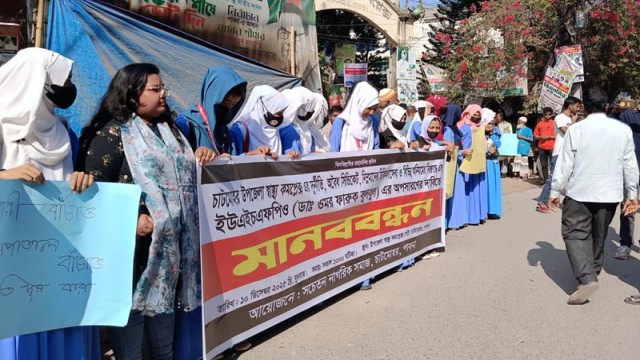
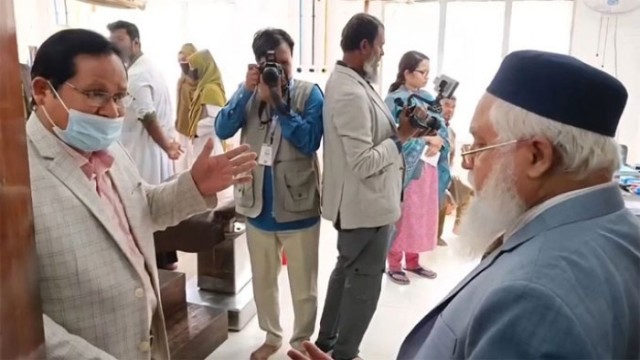
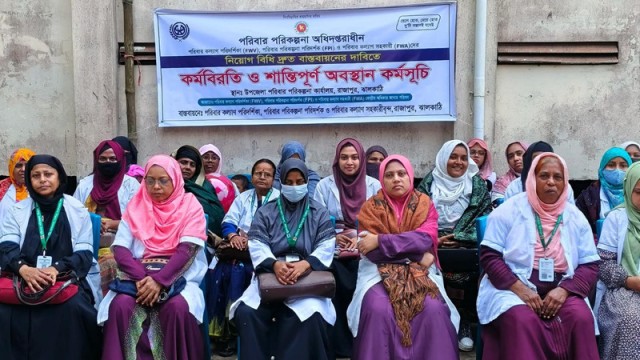
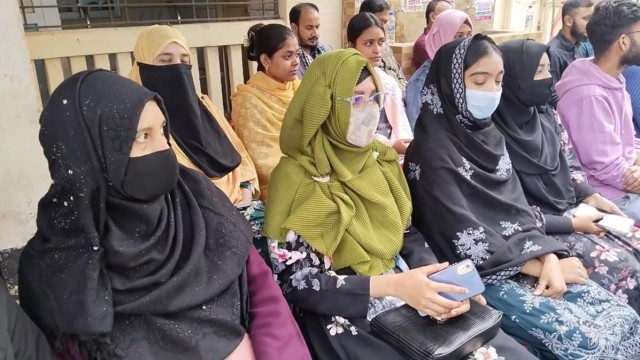
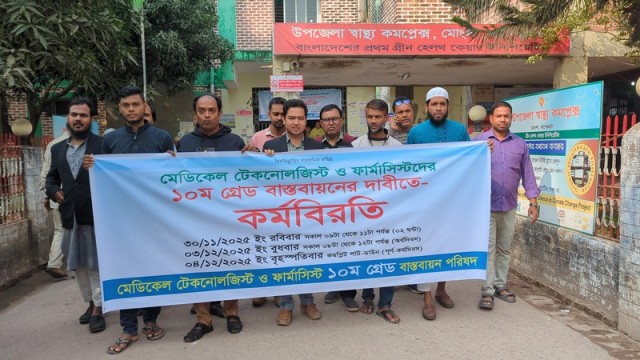

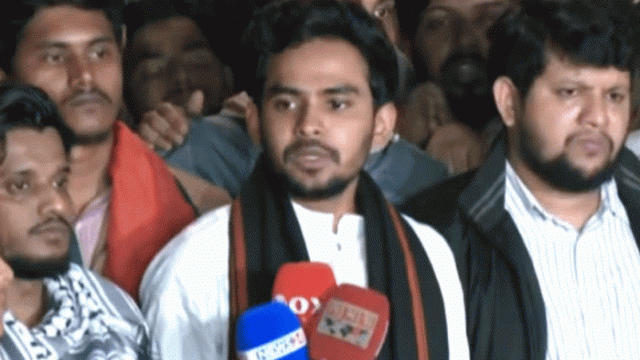
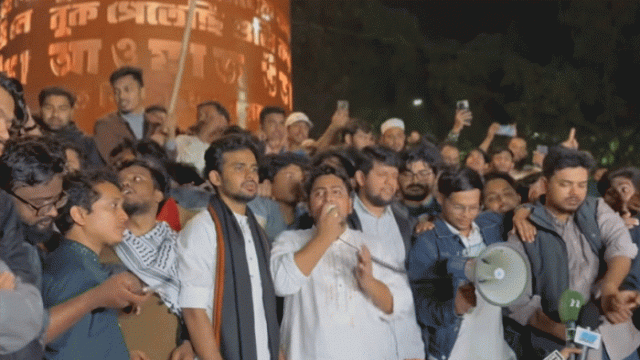

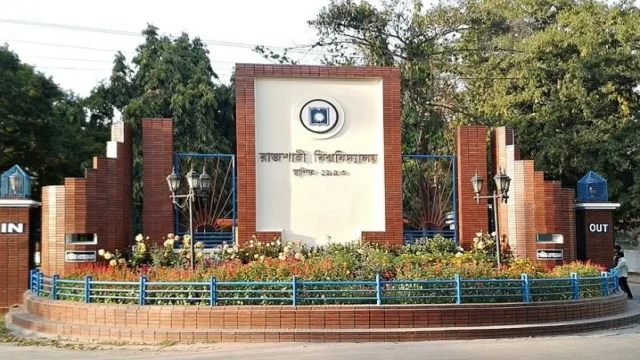
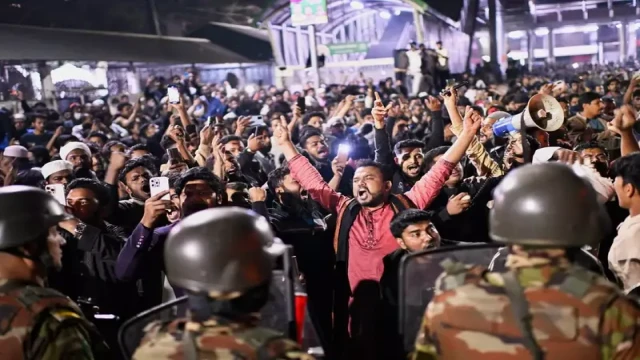

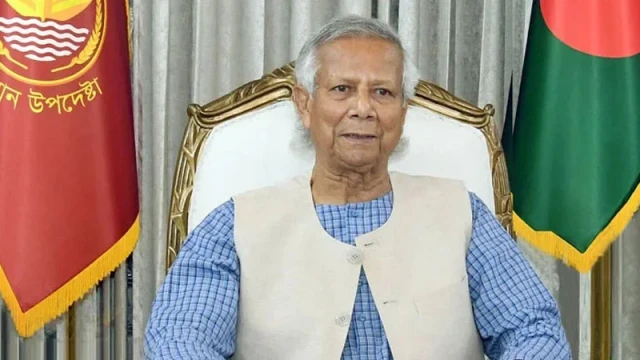
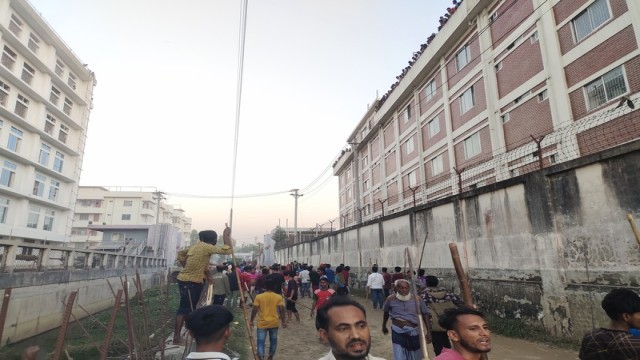

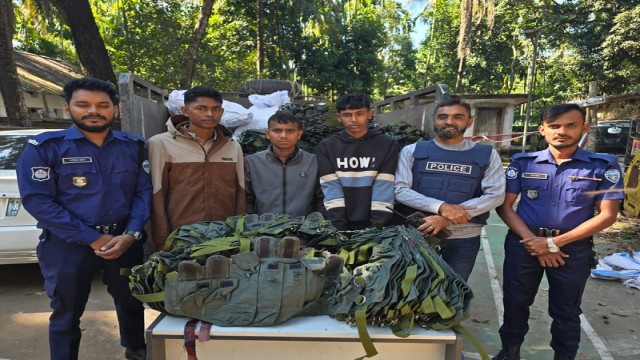


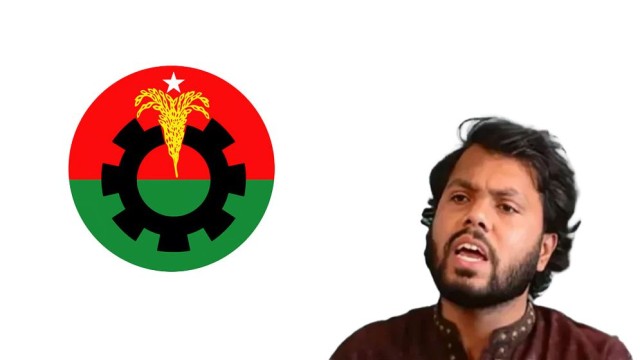
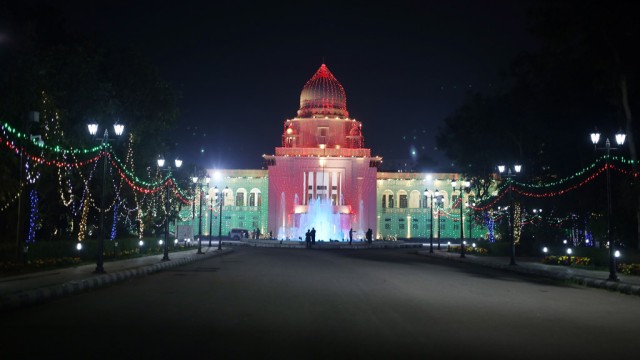
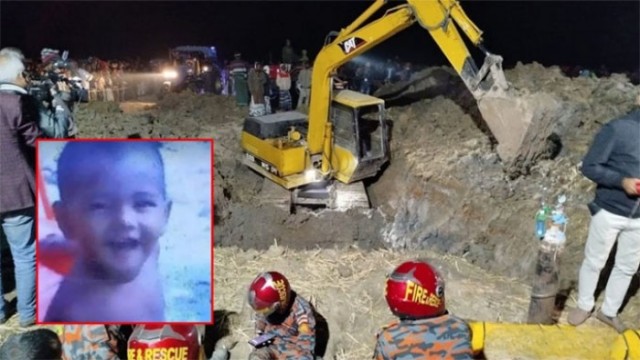
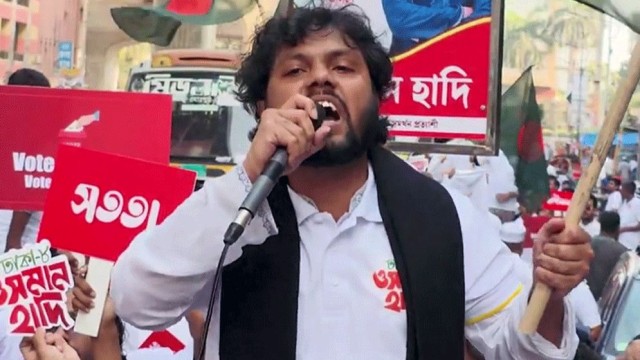
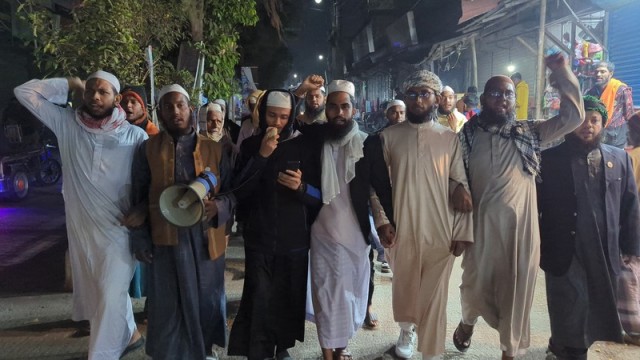
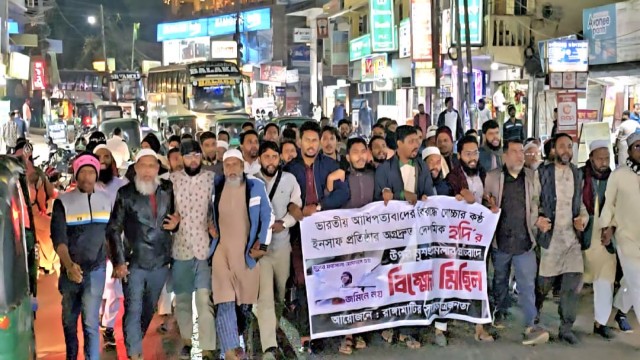
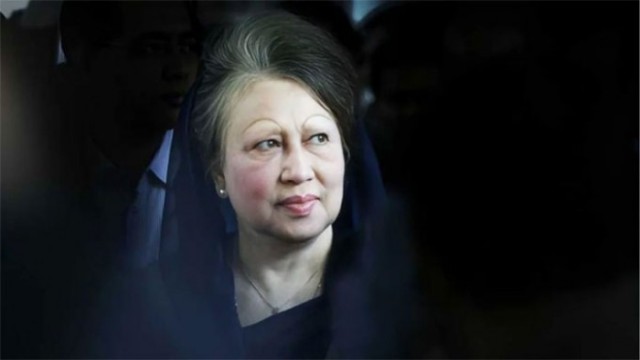

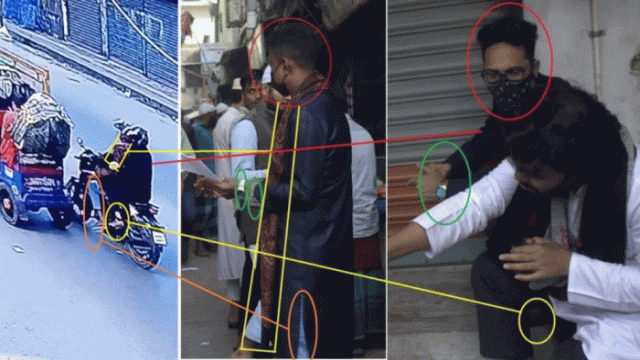
Comment: